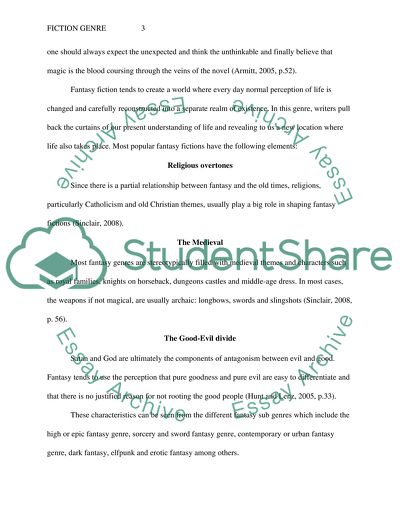Cite this document
(“Fiction genre Case Study Example | Topics and Well Written Essays - 3000 words”, n.d.)
Retrieved from https://studentshare.org/literature/1401160-fiction-genre
Retrieved from https://studentshare.org/literature/1401160-fiction-genre
(Fiction Genre Case Study Example | Topics and Well Written Essays - 3000 Words)
https://studentshare.org/literature/1401160-fiction-genre.
https://studentshare.org/literature/1401160-fiction-genre.
“Fiction Genre Case Study Example | Topics and Well Written Essays - 3000 Words”, n.d. https://studentshare.org/literature/1401160-fiction-genre.


